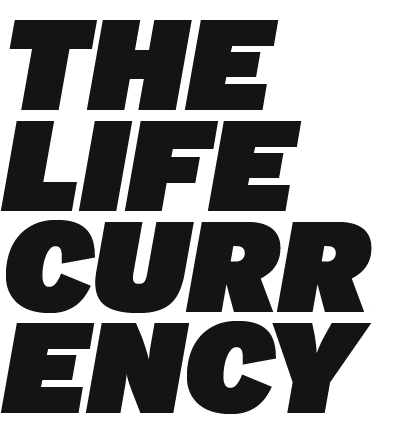Mental Health & The Pandemic
To say the past year has been a lot is an understatement. Living through a pandemic, being forced into isolation, adjusting to a new way of living, trying to protect ourselves and our families from COVID-19, and facing systematic racism in America are just a few of the things we’ve been through since 2020. And to think that we’re technically not fully back to life as we once knew it only heightens stress levels, anxiety, depression, and a myriad of other things. As someone who has personally dealt with the effects of isolation and racial trauma during the pandemic, I spoke with licensed clinical social worker Alicia Tetteh to learn more about the overall effects that isolation has had on each of us—particularly single men and women, single mothers, solo entrepreneurs, and only children—and our mental health. Keep reading to learn what she shared, and hopefully, her advice can lead us all on a path to true healing.
1. Can you explain the overall effects that the pandemic and COVID-19 has had on isolation?
For some people, having to isolate themselves due to the pandemic has decreased their anxiety. It was tough enough having to constantly engage with people. For others, it has created more of an issue. This is especially true for people who live alone and have limited support systems. Going to work or workout or place of meditation or worship were outlets eliminated.
2. Can you explain overall the long-term and short-term effects isolation as a result of the pandemic has had on mental health?
The effects will vary depending on people's genetic makeup, mental health history, and environmental factors. For clients with a history of depressive episodes, isolation could exacerbate those feelings.
3. Do you think the forced isolation that occurred from the pandemic will have long-term lasting effects on people? If so, how?
Yes and no. As a Change Agent, I believe we can all work towards changing outcomes. For people who are experiencing symptoms and who may be deteriorating, there will definitely be long-term effects. Since we are all experiencing this together, there is a collective trauma and response occurring.
4. How has the pandemic and isolation specifically affected single women and/or men who live alone? What can they do to combat potential damaging effects?
Single individuals, especially those with pre-existing mental health concerns could be negatively impacted and it could encourage some people to step outside of their comfort zone. People can connect with neighbors, engage in an online safe space, and work on interpersonal growth.
5. How has the pandemic and isolation specifically affected single mothers? What can they do to combat potential damaging effects?
For any single parent, there is the potential burden to be overwhelmed and feel like you have to handle everything alone. Identifying what they can delegate or ask for help with is important. Also, identifying how they can still take care of themselves and creating a village of support, even if they are not related.
6. How has the pandemic and isolation specifically affected solo entrepreneurs who work remotely? What can they do to combat potential damaging effects? Or how has it possibly been beneficial?
With such an increase in access to others by way of the internet, there is the possibility of comparing to other people's journeys. There also may be a lack of productivity depending on the structures in place. Entrepreneurs can network with others to help keep each other accountable, work outside of the home and get a mentor.
7. How has the pandemic and isolation specifically affected only children particularly those who missed a milestone school moment like prom or in-person graduation? What can they do to combat potential damaging effects? Or how has it possibly been beneficial?
Missing milestones can decrease motivation. The ceremonies can be celebrated virtually and the appreciation can be done at home. If therapy is not the most realistic option first, they can share with support systems, create virtual support, and create things to look forward to in the future.
If you feel depressed, anxious, and/or would like to speak to a mental health professional, contact the National Alliance of Mental Illness by texting “NAMI” to 741741 for 24/7 free, confidential crisis counseling.

